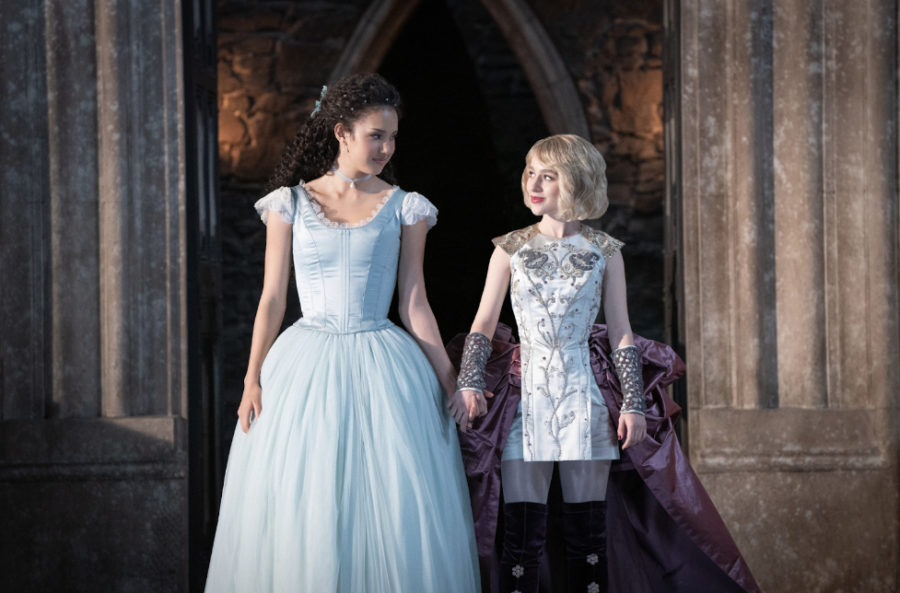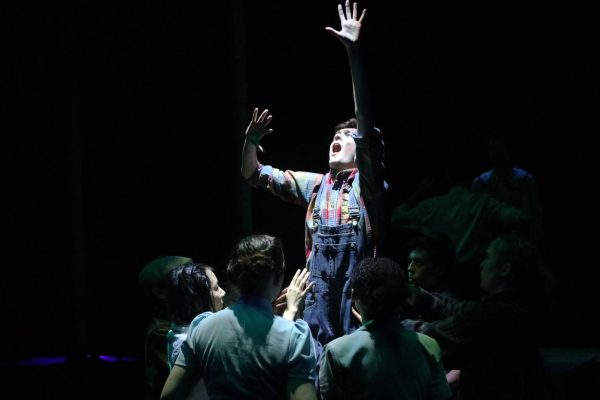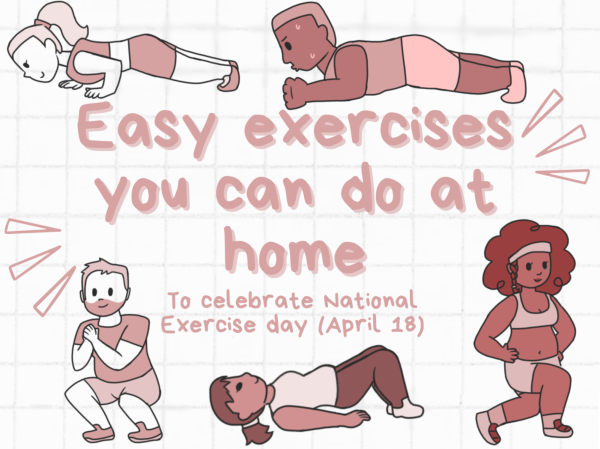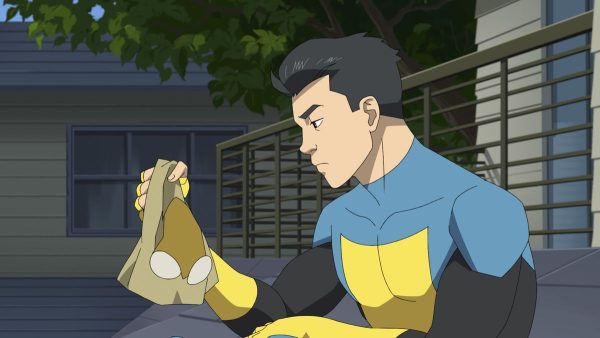Netflix’s “The School for Good and Evil” is a disgrace to my childhood
My childhood consisted of many books, poems and literary works, but none were as enthralling as Soman Chainani’s retellings of classic fairy tales: “The School for Good and Evil” series. So when I found out my first true literary love was making its way to the big screen, I was both anxious and intrigued. Netflix has done a good job at other adaptations before, so I had hope that this could turn out well.
Apparently, fate had other plans.
Released on Oct. 19, this movie was, without a doubt, one of the most horrendous adaptations of a book I have ever seen. Netflix took an epic middle grade novel and turned it into a “My Little Pony” knockoff no one needed, while taking away any realistic aspect the characters had.
The book follows two girls, blonde-haired dreamer Sophie (Sophia Anne Caruso) and greasy, depressed Agatha (Sofia Wylie), as they are kidnapped and taken to Sophie’s dream place, the School for Good and Evil. Only, Agatha gets put in the school for good and Sophie gets dropped into the school for evil. Outcasts from their respective schools, the two girls try to join together in hopes of switching or getting out of the magical world entirely.
While the movie stuck to the basic plot idea, it took away parts of the book that really made it shine. It’s hard to find a young adult novel with more than skin-deep characters, and yet this middle grade series showed depth to every character in the main cast. Netflix threw it all away, making Sophie do a 180 in her character traits and taking away everything that made fans love Agatha.
Another significant plot point of the series — most notably in the first book — was Tedros (Jamie Flatters), the teenage son of King Arthur who both girls thought was their true love at one point or another. Instead of allowing him to be the plot-moving character he was, Netflix got rid of everything that made him likable. Gone was the banter between Tedros and Agatha, and the chemistry between Sophie and him seemed forced. Then, after being gone for some of his most crucial moments, he popped up again to remind us he existed and express his undying love in the most cringy way possible.
Of course, as though the movie wasn’t already awful, there were the “power of friendship” lines that made me gag. Netflix shoved the theme down viewers’ throats instead of letting them figure it out for themselves.
Honestly, Netflix has never been stupider. The company could have another big success on its hands if the writers read more than a Wikipedia summary online.
This movie made me doubt every memory I had of the beloved series, so I spent my weekend binge-reading all the books in the series — only to find them just as good as I remembered. While there were some accurate parts toward the beginning of the movie, Netflix took pieces of my childhood and delivered disappointment when the two and a half hours were over.

Junior Krista Fleming is the managing editor and this is her third year on staff. She enjoys reading, teaching preschoolers and volunteering.













